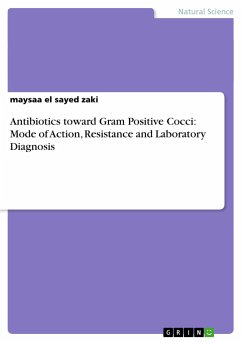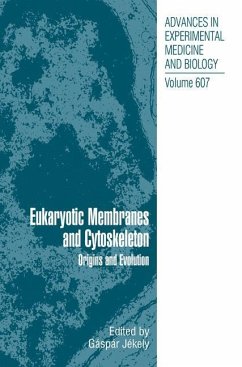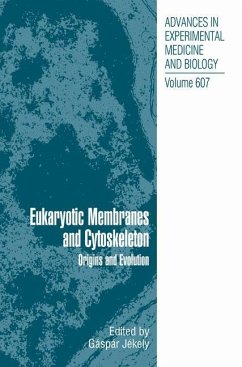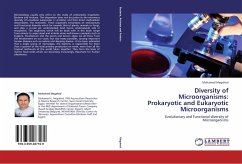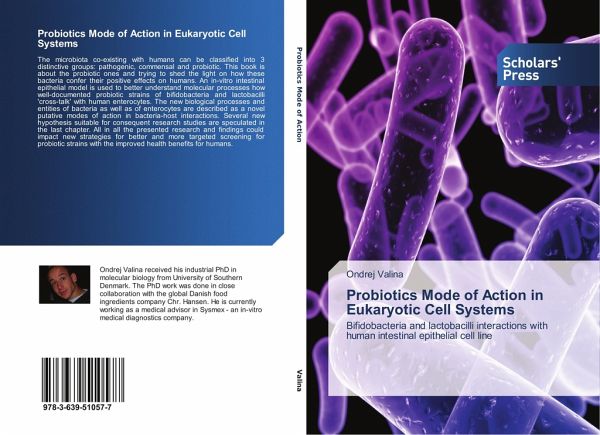
Probiotics Mode of Action in Eukaryotic Cell Systems
Bifidobacteria and lactobacilli interactions with human intestinal epithelial cell line
Versandkostenfrei!
Versandfertig in 6-10 Tagen
32,99 €
inkl. MwSt.

PAYBACK Punkte
16 °P sammeln!
The microbiota co-existing with humans can be classified into 3 distinctive groups: pathogenic, commensal and probiotic. This book is about the probiotic ones and trying to shed the light on how these bacteria confer their positive effects on humans. An in-vitro intestinal epithelial model is used to better understand molecular processes how well-documented probiotic strains of bifidobacteria and lactobacilli 'cross-talk' with human enterocytes. The new biological processes and entities of bacteria as well as of enterocytes are described as a novel putative modes of action in bacteria-host int...
The microbiota co-existing with humans can be classified into 3 distinctive groups: pathogenic, commensal and probiotic. This book is about the probiotic ones and trying to shed the light on how these bacteria confer their positive effects on humans. An in-vitro intestinal epithelial model is used to better understand molecular processes how well-documented probiotic strains of bifidobacteria and lactobacilli 'cross-talk' with human enterocytes. The new biological processes and entities of bacteria as well as of enterocytes are described as a novel putative modes of action in bacteria-host interactions. Several new hypothesis suitable for consequent research studies are speculated in the last chapter. All in all the presented research and findings could impact new strategies for better and more targeted screening for probiotic strains with the improved health benefits for humans.




